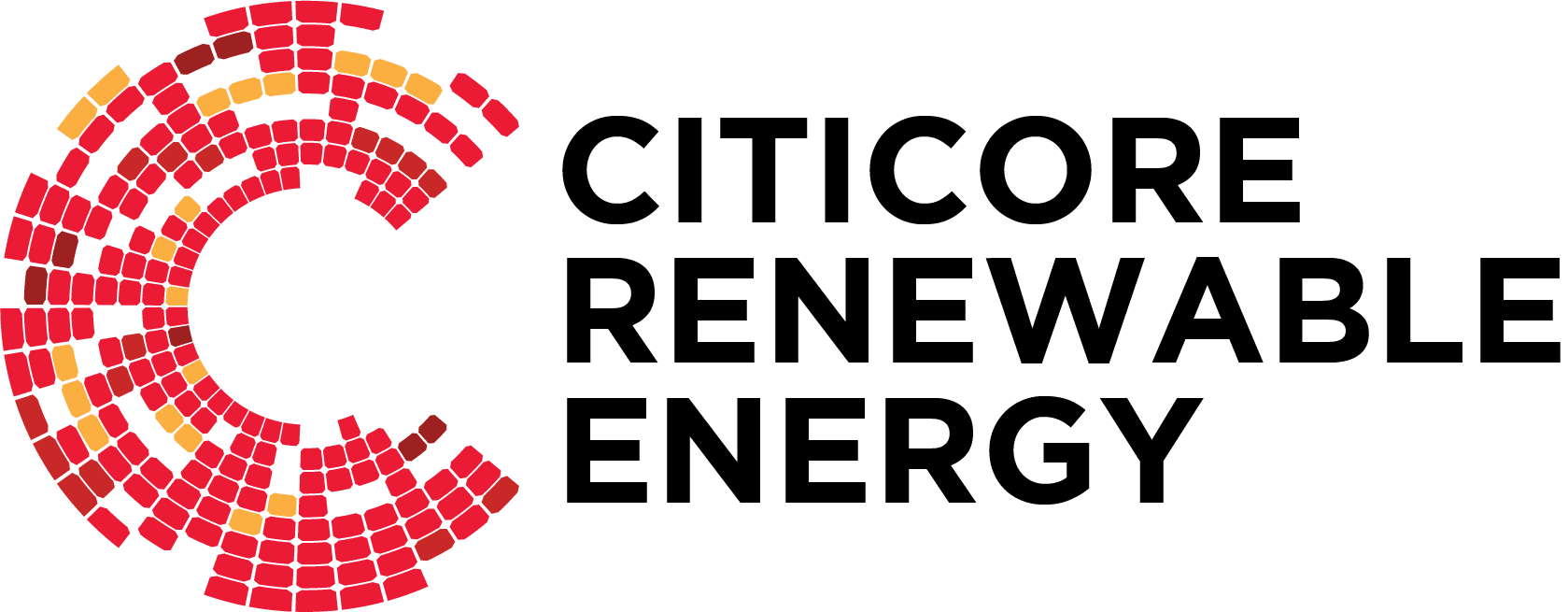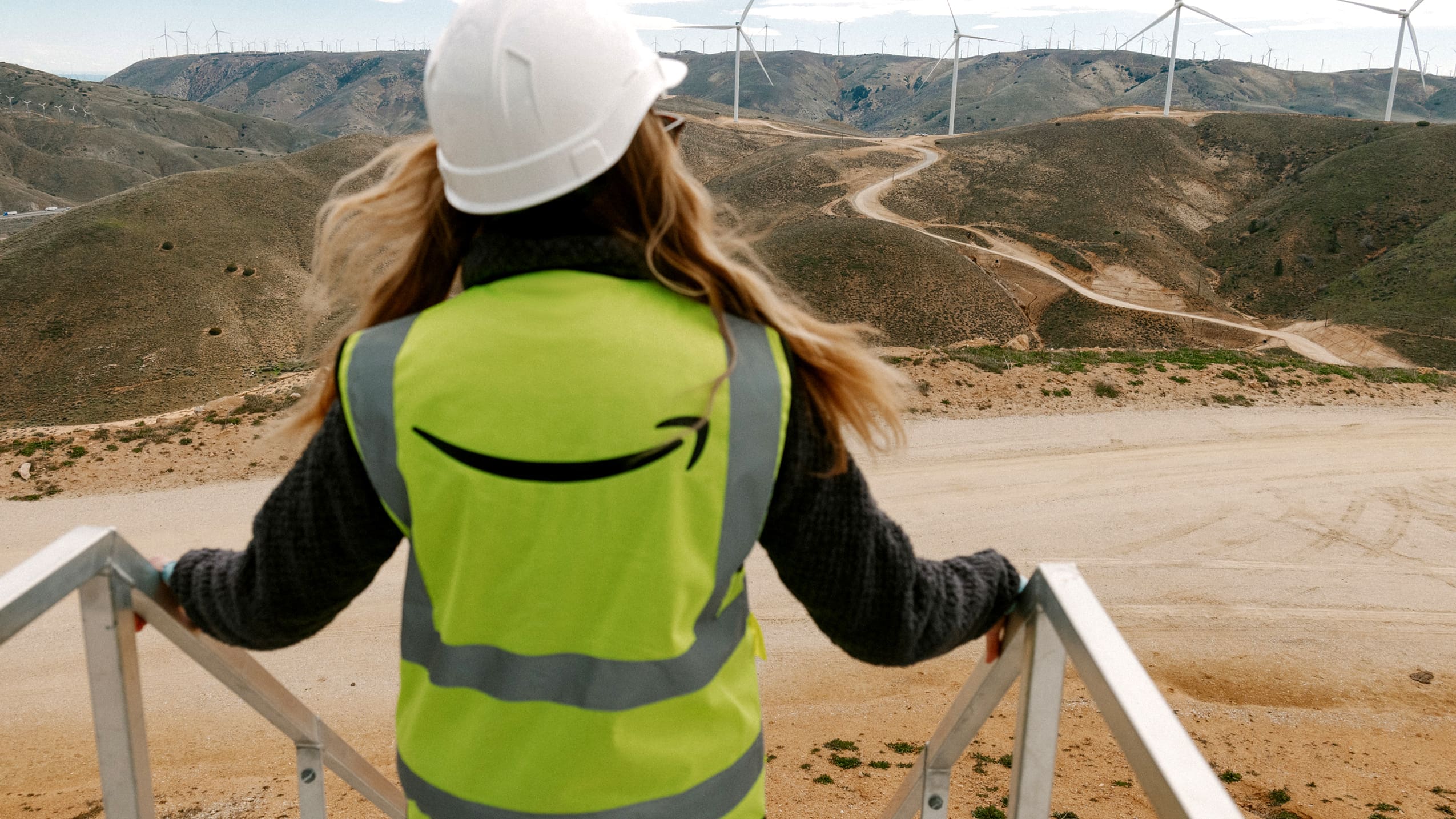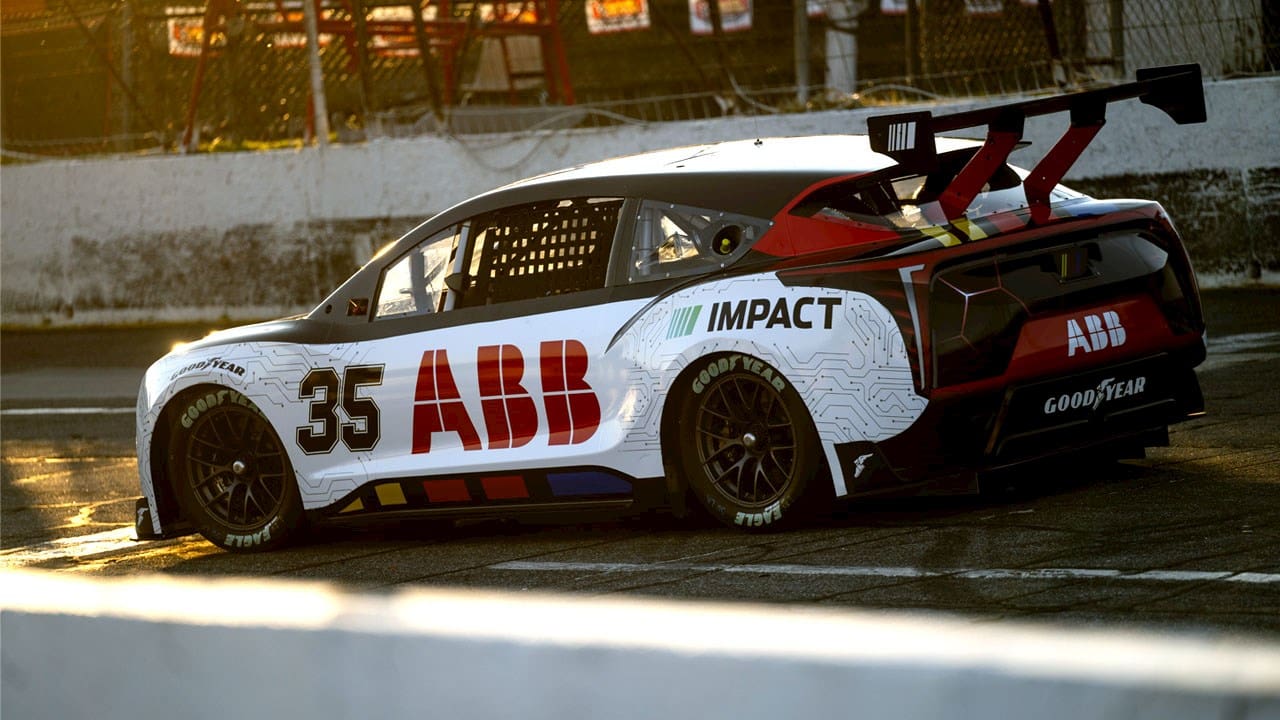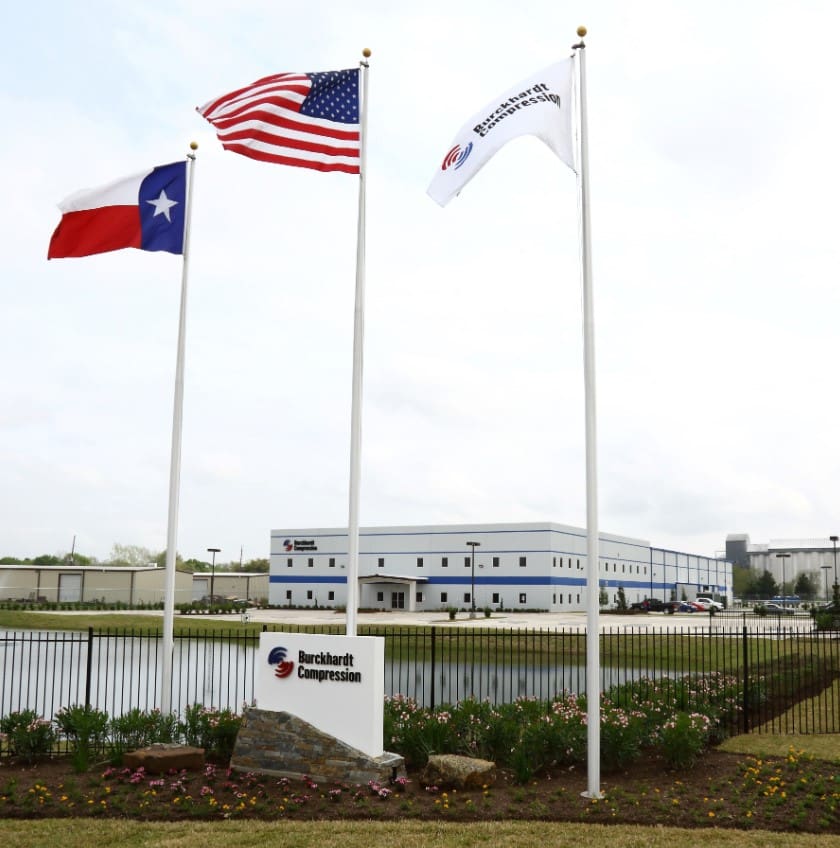Southern California Gas Company (SoCalGas) has filed an application with the California Public Utilities Commission (CPUC) to support the development of a pilot project that would use organic waste such as chipped wood, along with nut shells, and turn it into renewable natural gas (RNG). If approved, the project would be the largest RNG project in the state of California, producing up to 4.5 Bscf of fuel each year from 400,000 to 500,000 tons (362,874 to 453592 tonnes) of agricultural waste, some of which would otherwise be burned. It would more than double deliveries of RNG in 2022 from existing projects within SoCalGas’s service territory and could deliver carbon-neutral or negative fuel equivalent to taking up to 52,000 gasoline vehicles off the road each year.
The project would be developed by San Joaquin Renewables LLC in the City of McFarland. Pursuant to CPUC direction, SoCalGas proposed funding its portion of the project — about US$13 million — with cap-and-trade funds. If approved, which could come as soon as May 2024, the project is planned to come online in late 2026.
“Converting biomass into RNG provides a sustainable and renewable source of energy from waste material,” said T.J. Paskach, president of San Joaquin Renewables. “Additionally, the San Joaquin Renewables facility will help reduce our dependence on fossil fuels, will help clean the air of the Central Valley by producing a carbon negative fuel, and will provide hundreds of high-quality jobs in McFarland.”
The project will work by using a non-combustion process to turn agricultural waste into a mixture of gases, including hydrogen. The mixture is then cleaned, compressed, and is then usable as RNG.
In February 2022, the CPUC adopted the Renewable Gas Procurement Standard, which sets goals for the procurement of renewable gas made by capturing methane emitted by organic waste from wastewater treatment plants, dairies, landfills, agricultural waste, and forestry residues. The standard also requires SoCalGas to replace approximately 12.2% of the traditional gas it delivers to core customers with RNG by 2030. The CPUC also required SoCalGas to submit an application proposing at least one gasification or pyrolysis pilot project focused on conversion of woody biomass to biomethane.

















